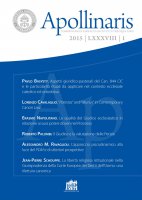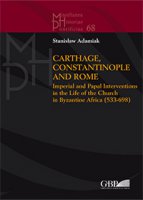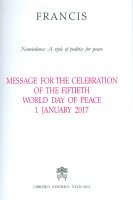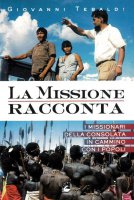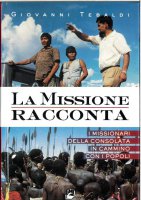EAN 9788826315720
A book on Africa beyond the common places and the stereotypes, an open discussion without concessions and pretensions with a human reality made up of men and women recognizable by their faces and their names. Today it is urgent to rediscover Africa, the aims it has attained and the ones it has not; to value the weight of its human resources and of its potentiality. The fall of the Berlin wall has opened up, with a thirty year delay the reconstruction phase, maybe the last chance for a continent which has secretly delighted itself in following emergency and aid policies and of soliciting them to its advantage. The village, colonization, education, Independence and restoration are some of the phases of this uphill adventure, from which, it is hoped, a new Africa will come out. Amongst the many forces called to mediate in this change there is even the local Church, which has contributed with evangelization and education in setting the African off on the road towards development, but which, like foreign things, has a difficult time in making itself a cultural value.
Upholding the string of these pages, with an openly biographical flavour, is the intimate conviction that the events which are involving many of the continent's countries for better or for worse are evident messages of the will for transformation.
But why "Exodus"? Because salvation is always found on the other shore and in order to reach it a conversion of mentality and of direction is required. "I assisted at the brilliant conquests of development on the day after independence, I have more than a reason to believe that Africa can reach the other shore".
GIOVANNI TEBALDI. a Consolata Missionary, is a veteran from a fifteen year missionary experience in Kenya, where he worked as a teaching director and teacher in the Catholic and State schools of independent Kenya. He published texts on religious education and African fiction for the schools of Kenya. Returning to Italy he has dedicated himself to the diffusion and promotion of literacy and education in the developing countries
-
11,36 €→ 10,79 €
-
4,50 €→ 4,27 € -
-
-
-
26,00 €
-
-
4,50 €→ 4,27 € -
-
-








